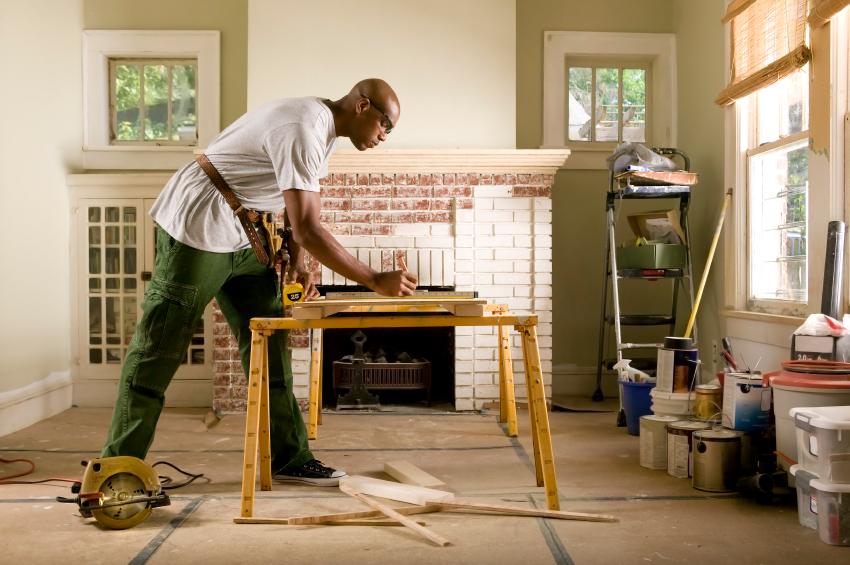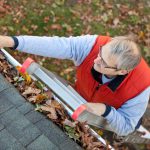Energy Efficient Home Renovations Save Money and Reduce Taxes
There are many reasons to update your home. Whether there has been damage from fire, weather, or flood, the interior has become outdated or you would like to improve energy efficiency, you may also find that there are financial incentives to making updates. Energy efficient home renovations can reduce taxes & save money. While renovations are expensive and time-consuming, the results can be very gratifying. You will enjoy the subsequent savings to your monthly budget that energy efficient systems and appliances provide, but you may also benefit from some nice tax breaks.
Federal Tax Benefits for Home Improvements
Federal taxpayers who make changes to their existing primary residence can deduct 30% of the cost of improvements (up to $1500) on their annual taxes. Eligible improvements include new insulation, roofs (metal and asphalt), windows and doors (garage, storm and sliding glass), HVAC (furnaces and boilers, air source heat pumps and central air conditioners), water heaters (oil and propane, electric and gas), and Biomass stoves.
Adding renewable energy systems can also qualify you for tax credits. These deductions are available at 30% of the cost of the new system with no cap, so if you spend $15,000 you can deduct $4,500 from your taxes. These credits apply to the installation of solar panels, solar water heaters, geothermal heat pumps, small wind energy systems and fuel cells (although there is a $500 per .5 kW limit for fuel cells).
State and Local Tax Incentives and Rebates for Household Renovations
In addition to the available federal deductions many states and cities also provide incentives for upgrades. In San Diego, for example, homeowners may be eligible for rebates when they replace a washer, refrigerator, air conditioner, furnace, water heater, or insulation with more efficient EnergyStar rated appliances or systems. In Philadelphia, homeowners can collect rebates of up to $2000 for solar thermal water or space heating systems and solar panels and $2.25/W for solar panels in addition to the federal renewable energy tax credit. Pennsylvania also gives rebates for wind turbines, fuel cells, and geothermal heat pumps. Some states even give tax credits for adding sprinklers and irrigation systems that will conserve water.
To determine the tax credits and incentives available in your state, you should check the Database for State Incentives for Renewables & Efficiency.
Limits on Energy Efficient Upgrade Benefits
Before you begin renovations, be sure to do your homework. Not all improvements qualify for reimbursements. Some components like gutters for a new roof, new air conditioning and heating ducts, and even some nuts and bolts aren’t covered. Installation costs are typically excluded as well.
Many products carry the EnergyStar label that includes an energy efficiency rating, but that doesn’t guarantee that they qualify for the 30% tax credit. Ineligible appliances and systems include:
- Ceiling fans
- Clothes washers & dryers
- Compact Fluorescent Light Bulbs (CFLs)
- Dehumidifiers
- Dishwashers
- Electric furnaces or boilers
- Electric storage tank water heaters
- Electric tankless water heaters
- Evaporative coolers (swamp coolers)
- Fans
- Lighting (light fixtures or energy efficient lamps such as LEDs)
- Ovens and ranges
- Power factor correction devices
- Programmable thermostats
- Refrigerators
- Roof coatings
- Room air conditioners
- TVs
- Toilets
- Window treatments
Despite that extensive list of excluded energy efficient items, using them will likely save you money on your monthly energy costs and water bills, and you even may qualify for the Cash for Appliances program.
Newer systems and appliances run more quietly, have more convenience features, and are easier to maintain. If it is time to make a change, first do your research and then enjoy the benefits.




